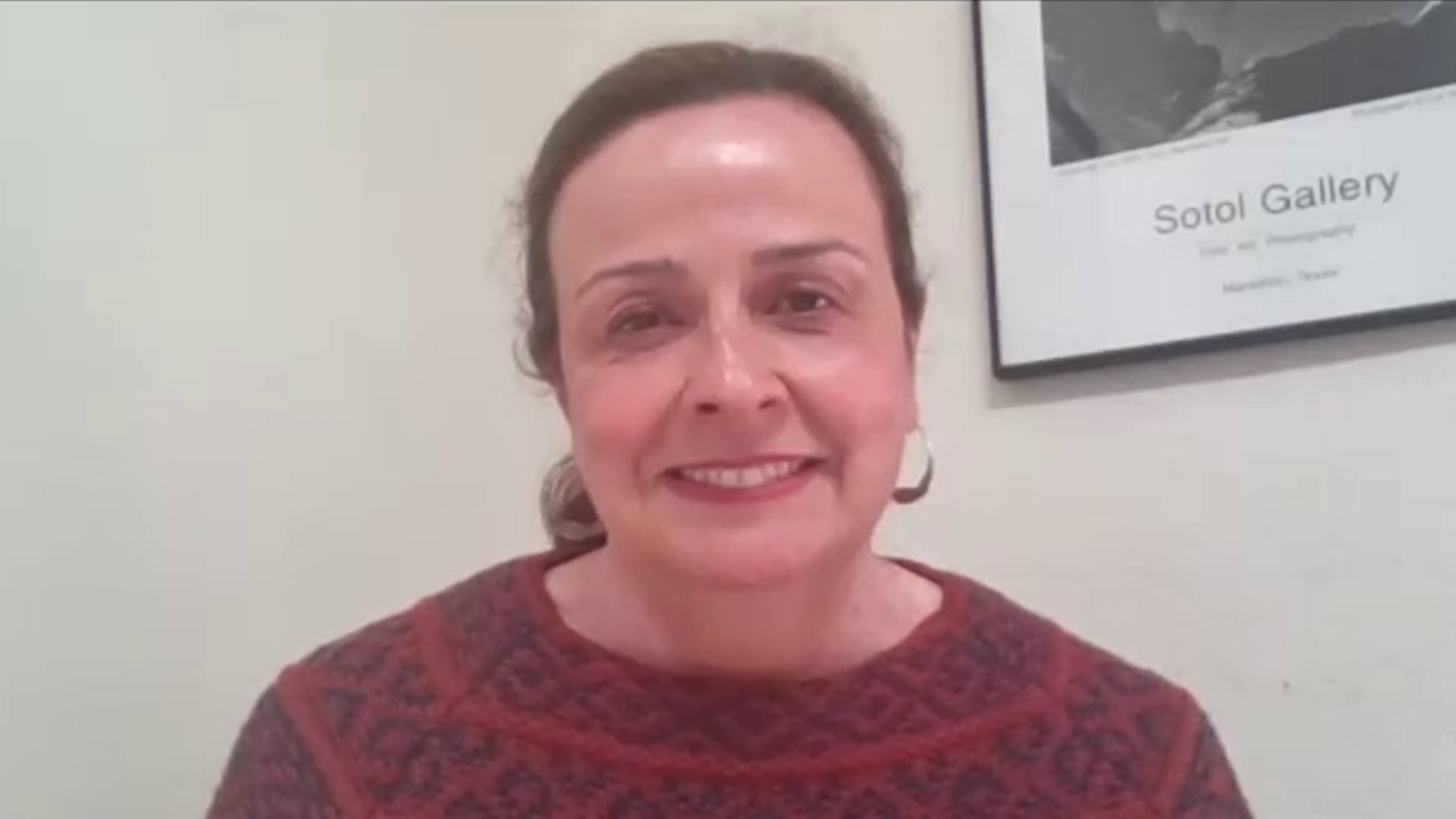DALLAS — The City of Dallas task force fighting the opioid epidemic is facing a tough, unrelenting battle.
And one recent night proves just how difficult it will be.
Dallas Fire-Rescue sources told WFAA the department dealt with at least 27 suspected opioid overdose cases across the City of Dallas on one night alone during the last week.
And those sources also told us paramedics administered 27 different patients in the northwest and southern regions of the city with the narcotics overdose treatment naloxone over the course of that evening.
City Council member Paula Blackmon, who is helping to lead the task force, told us on Inside Texas Politics that she has first-hand experience with the opioid epidemic.
“I’ve got three boys that I’m having these conversations with, that I’m getting information from saying, you know, another one of my friend’s friends has passed because of a fentanyl Percocet,” she said. “Or I get an email from our DPD that shows an address that I’m quite aware of and it’s my son’s friend who has been poisoned. And this happened a year ago.”
Blackmon says there must be a focused approach, with individuals, city, county and state officials working together, as well as parents, schools and law enforcement.
She says education is key to tackling the problem, and they’re now going public with a new ad campaign.
“We’re going to bring families together and have a really hard conversation about how to have these hard conversations with our youngsters. We’re going to focus on putting up ads. We’re going to put it out there everywhere we go because I do believe that when parents know what outcomes can happen from one pill, they will have these conversations,” Blackmon told us.
Blackmon says she also supports efforts to map where overdoses are happening within a city, region or even statewide.
Supporters of this type of mapping say it can alert officials when and where sudden spikes happen, inform policy and help enforcement.
But HIPAA (patient privacy laws) concerns have prevented the sharing of some of that data.
HB 3540, which is under consideration in Austin, would alleviate that problem and allow the overdose mapping.
And because time is of the essence when battling overdoses, Blackmon says that real-time data is essential.
“What we can find out is where communities are having those overdoses and then we can deploy resources there, whether it through be enforcement, whether it through be recovery, education,” she explained.

